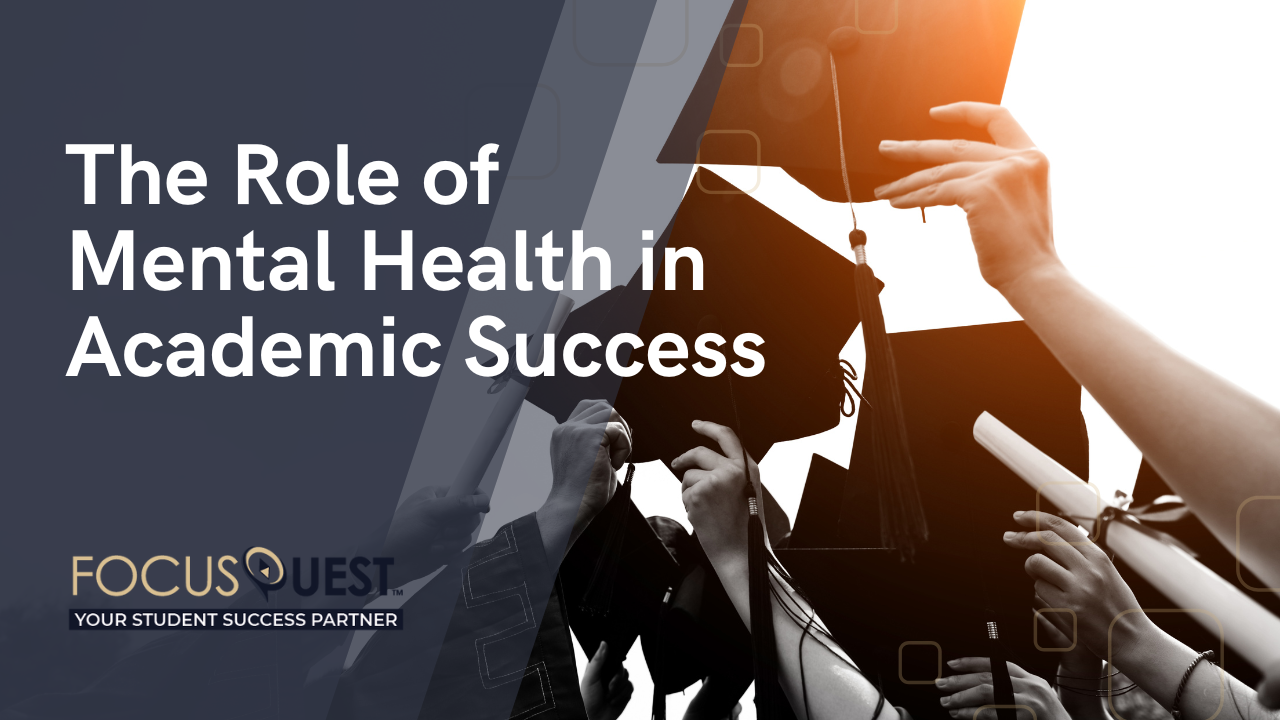Juneteenth and the Power of Education: From Liberation to Legacy
- June 10, 2025
Share on Social Media
Freedom Delayed, But Not Denied
Imagine waiting two extra years for your freedom—only to finally hear the words: “You are free.” On June 19, 1865, in Galveston, Texas, enslaved African Americans received this life-changing news, over two years after the Emancipation Proclamation. This day, now known as Juneteenth, marks more than the end of slavery—it symbolizes the unyielding fight for true equality.
Yet freedom without opportunity is incomplete. The real emancipation began when education became the key to unlocking a future that slavery had tried to erase.
HBCUs: The Unseen Battleground for Equality
When doors to higher education were slammed shut for Black Americans, Historically Black Colleges and Universities (HBCUs) became sanctuaries of knowledge and resistance. Institutions like Cheyney University (1837) and Lincoln University (1854) weren’t just schools—they were acts of defiance, proving that education was the ultimate equalizer.
From Thurgood Marshall (Howard University) to Oprah Winfrey (Tennessee State), HBCUs have produced warriors of justice, pioneers of innovation, and architects of culture. These institutions didn’t just teach—they transformed liberation into legacy.
Education: The Weapon That Builds Futures
The African American struggle has always paired freedom with learning. Enslaved people risked their lives to read. Civil rights activists marched for integrated schools. Today, education remains the most powerful tool to dismantle inequality—but the fight isn’t over.
- Did you know? Despite HBCUs making up only 3% of U.S. colleges, they produce 25% of Black STEM graduates.
- Yet, underfunding and systemic barriers still limit access for many.
Juneteenth reminds us: True freedom means equal opportunity.
The Unfinished Journey: How You Can Honor Juneteenth
Progress is measured not just by history made, but by the work left to do. Here’s how we continue the journey:
✅ Support HBCUs—Donate, mentor, or advocate for funding.
✅ Amplify Black voices—Read, listen, and share their stories.
✅ Invest in education—Whether through scholarships or policy change.
This Juneteenth let’s celebrate how far we’ve come—and fight for how far we still must go. Because the best way to honor the past is to empower the future.
facts corner
Featured Articles
-
The Divine Nine: History of Black Sororities and Fraternities
-
James M. Jeter '13 Makes History as Ralph Lauren’s First Black Creative Director
-
The Surge in HBCU Enrollments: Why More Students Are Choosing HBCUs
-
Relearning How to Learn: What School Never Taught Us About Studying
-
The Role of Mental Health in Academic Success
-
The Power of Peer Support: Finding Your Study Tribe























